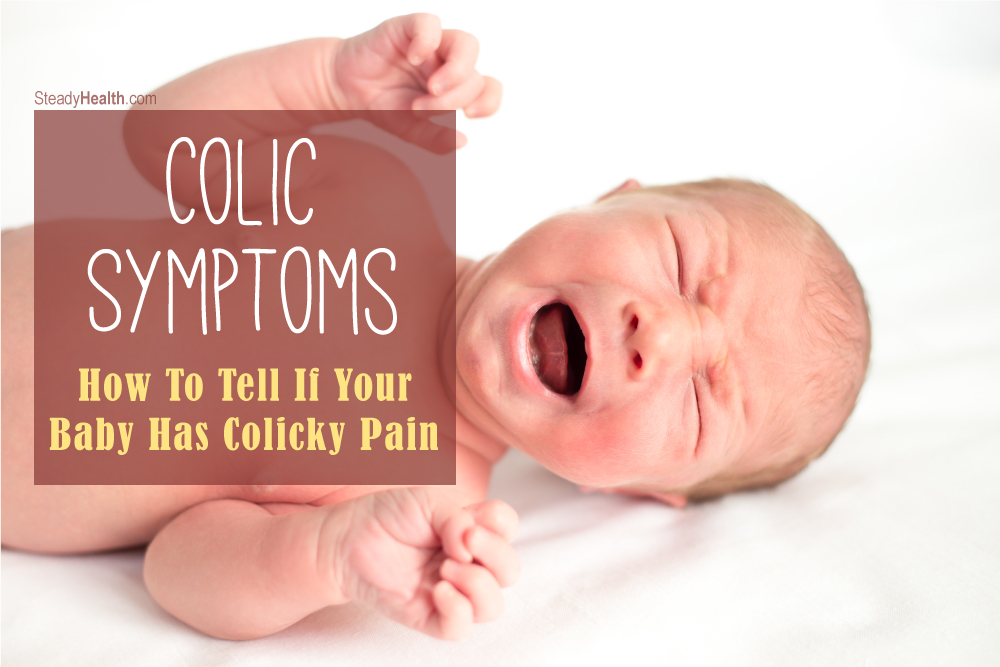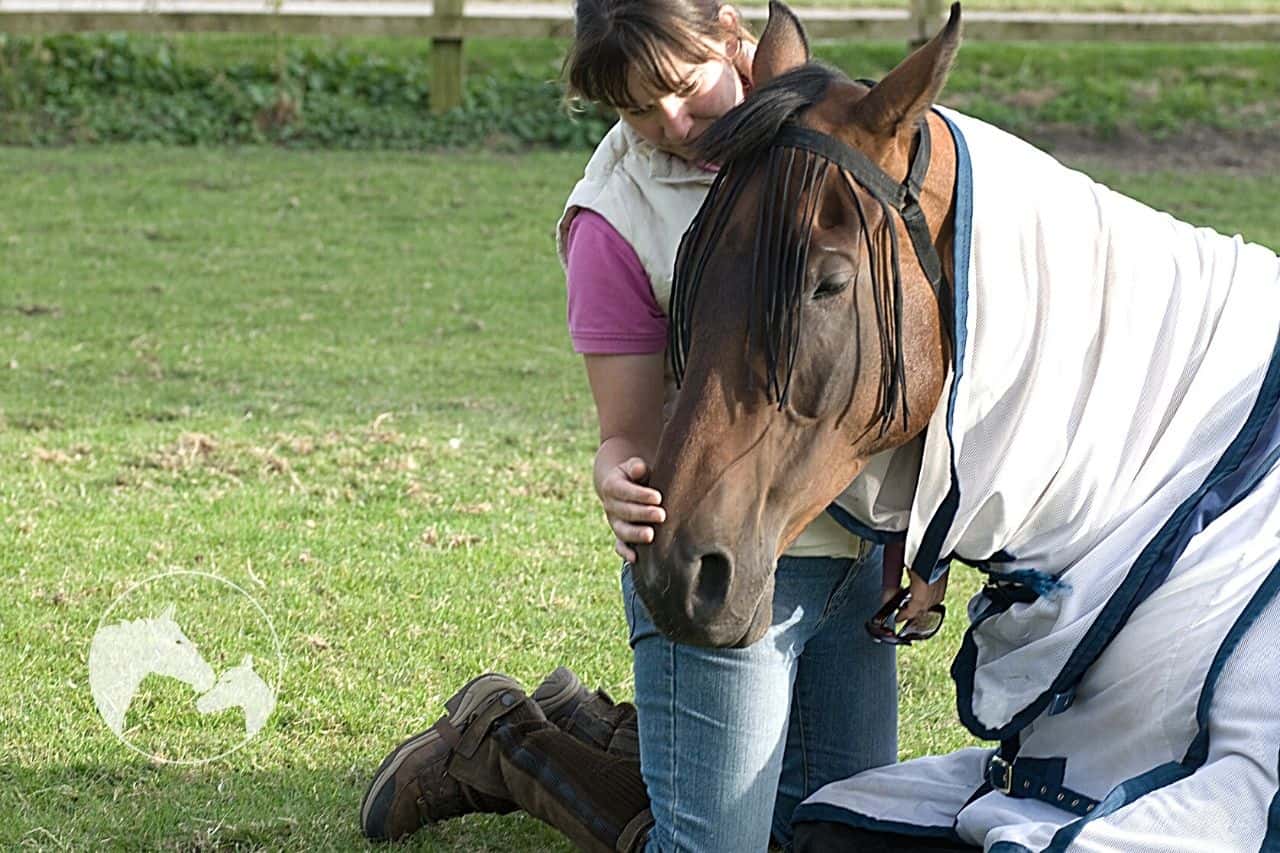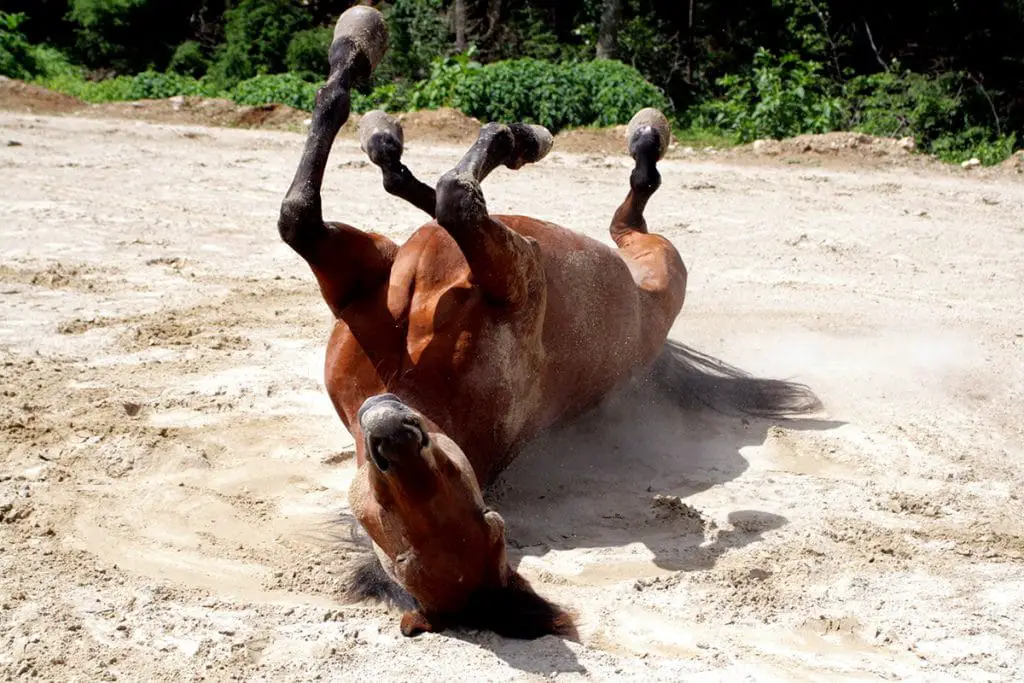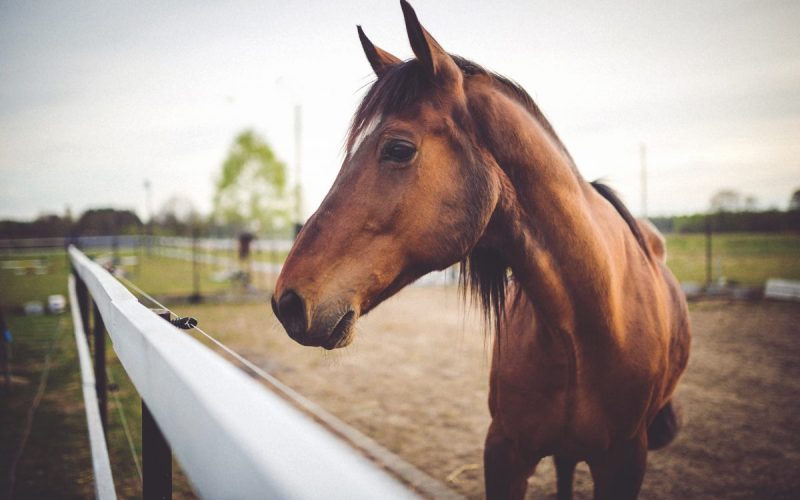Recommendation Info About How To Tell If Your Horse Has Colic

Look for the following general signs and symptoms of colic in a horse:
How to tell if your horse has colic. Shorter daylight hours, poached fields, or lack of winter grazing inevitably result in reduced turnout and exercise time. No guttural noises in the abdomen. There are several reasons your horse may be affected, but generally, they are related to the anatomy and the microflora of the horse’s.
If your horse has mild colic, perhaps looks uncomfortable, is biting at his flanks and stands stretched, watch and see if the colic abates after about 30 minutes. Pawing a nd kicking at their belly. The vet can tell the cause of colic in your horse by getting a good history, physical exam, and performing diagnostic tests such as nasogastric tube intubation.
Flehmen (lip curling) scratching or stomping. Signs of colic include: If your horse is experiencing colic, he or she may try to lie down, roll or may not want to eat or drink.
Playing in the water bucket but not drinking. As a precaution, take food away if you suspect a colic.
Rolling or wanting to lie down. Signs of a mild colic can include: You might spot some facial.
Kicking the belly with the hind legs. Normal vital signs in a horse: Pale gums can be a sign of shock.
Less enthusiastic about eating or not eating at all. Causes and symptoms. While these signs and others are pretty clear,.
1 lack of movement. Not able to pass manure; Lack of or dry manure.
You may notice more classic signs of colic such as your horse rolling, sweating, pawing the ground or an increased breathing rate. Colic, or abdominal pain, comes in.


















